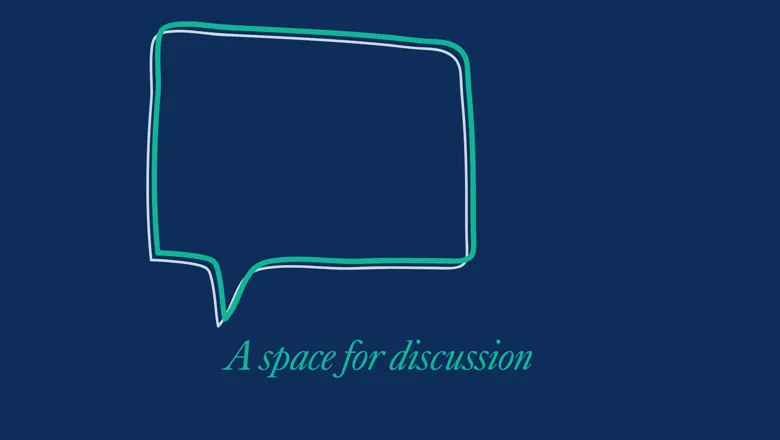16 October 2019
When harm happens – an experiential learning event
An educational resource to address a vexing shortfall in health care improvement, patient safety and implementation science.

The King’s College London Centre for Team-Based Practice & Learning in Health Care and Department of Women & Children’s Health has created an experiential learning event that will benefit students’ and practitioners’ contribution to health care improvement and patient safety. This experiential learning event inducts participants into handling unexpected clinical outcomes by reflecting on their personal performance in response to such outcomes, and by deliberating effective and novel ways forward from complex challenges. It caters for around 12 participants at a time, takes about 1.5hrs, and involves digital information presented on tablets. The full event (half-day maximum) encompasses digital tasks and a debrief.
The experiential learning event consists of two stages
In the first stage, participants are invited into a group situation where their ‘natural’ responses are elicited to a constantly expanding range of inputs setting out various facets of an unexpected clinical outcome. Participants are asked to deliberate about what they have been shown and what they have read. They are given time-limited opportunities to articulate and discuss interpretations. They are also asked to articulate conclusions and best ways forward: do they favour sanctioning a staff member? do they favour explaining to the mother that everything that should have been done was done? do they favour sending staff off for training, coaching, or counselling? do they feel they need more information from people and more exploration of some issues, statements or experiences?
Stage 2 revisits participants’ responses through facilitated group deliberation and communication-focused reflection. Here, participants will be asked about their experience of the information presented, the discussions that took place, and the way they as individuals and as a group decided on or edged towards particular views, conclusions and recommendations. They will also be asked to reflect on when they decided they knew enough about the ‘root cause’ of the incident and what now needs to happen to prevent it from occurring again.
The unexpected clinical outcome
The ELE focuses on an unexpected clinical outcome — a clinical incident adapted from real-life incidents: a baby dies in a maternity department. The ELE takes participants through information relating to the death presented in the form of documents, diagrams, pictures and videos portraying actors or real people (experts, people with real experiences) talking about their views on the death. For example, an early piece of information is a clip showing the mother talking about her experience of losing her baby, and about the service explaining to her what will happen now in response to the incident. Then there is a clip of the midwife who was involved, setting out her recollection of the incident. Then we hear from the obstetrician, and so forth. We are also asked to read documents about how births are managed in this particular unit, how many births occur in this unit, peak times, staffing levels, and skill mixes. An expert explains the more technical issues relating to the baby’s clinical problems and the responses generally mobilised to deal with these kinds of problems. A manager explains how the unit operates and responds to these problems, and how it responded to these problems on the day. A Midwifery Council representative speaks next, and so forth, and so on.
Pedagogic aims and rationale
The ELE is constructed so as to engage participants with different, increasingly complex and increasingly systemic views on the incident. The principal learning aim of the ELE is to enable participants to reflect on their own and others’ position taking in response to the kinds of information encountered. Participants are further expected to gain insight into when they decided they knew enough about what caused the incident and what they felt needed to happen to prevent it from occurring again, and why. An important learning aim here centres on enabling participants to step back from their understandings, assumptions and decisions, and to contrast these with others’. This dynamic, we suggest, enables participants to complexify their own attitude towards problematic situations, towards others with divergent views and conclusions, and towards complexity (uncertainty about causation, truth, and resolution) more generally.
Piloting and roll-out
In June 2019 eleven midwives and obstetricians carried out the first testing pilot. Using their feedback, the ELE's format and content was refined to enhance its learning value for clinicians. In October 2019, twelve final year midwifery students were involved in a second testing pilot. Their feedback helped us to further refine the ELE, particularly for students. In December 2019, we start the final pilot phase as we complete the development of the digital infrastructure required to deliver the ELE on tablets.
Attendees at the King's CAIPE Conference in June 2021 will have the opportunity to take part in this unique and innovative team-based learning experience. Conference tickets are available now.

